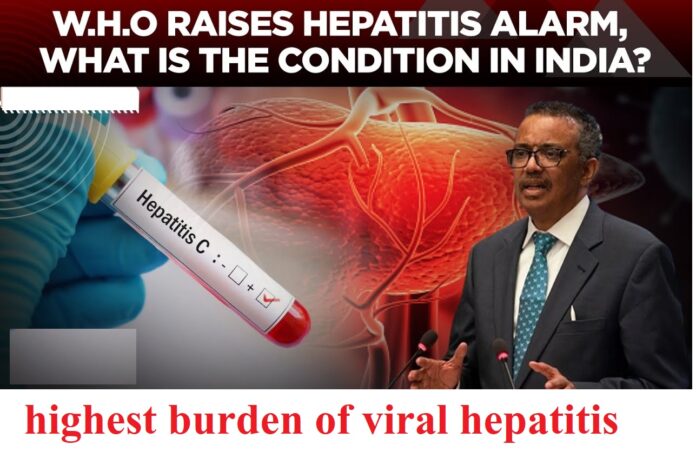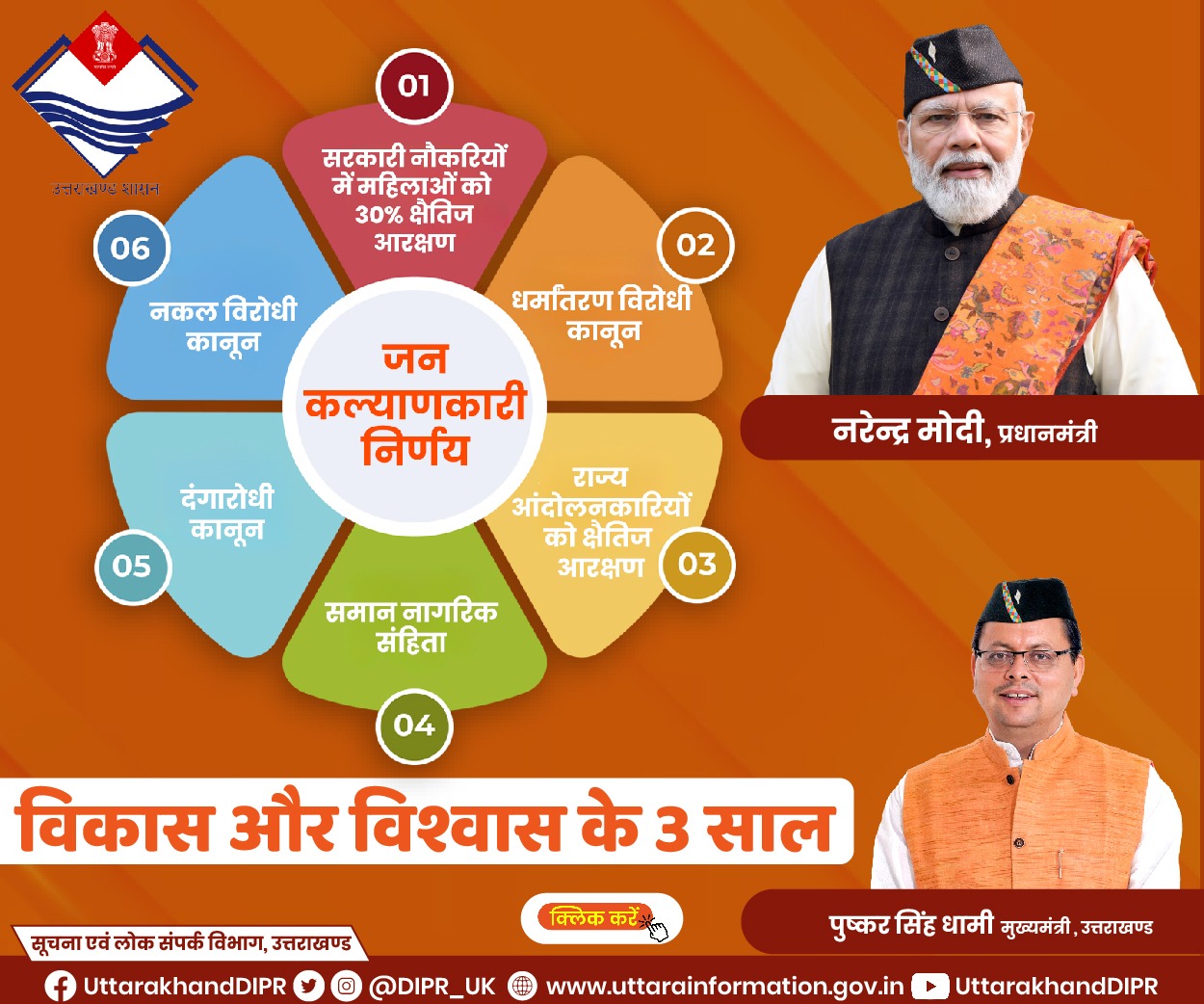(NTI) In India, the burden of viral hepatitis is staggering, with a substantial number of individuals affected by Hepatitis B and C infections. According to the Global Hepatitis Report 2024 by the World Health Organization (WHO), approximately 2.9 crore people are living with Hepatitis B, while 0.55 crore are affected by Hepatitis C.
The statistics paint a grim picture, with over 50,000 new cases of Hepatitis B and 1.4 lakh new cases of Hepatitis C reported in 2022 alone. Tragically, these infections claimed the lives of 1.23 lakh individuals in India during the same year. The modes of transmission are diverse, ranging from mother-to-child transmission during birth to unsafe blood transfusions and needle sharing among drug users.
Prevention and treatment strategies are pivotal in combating these infections. Vaccination stands as a formidable defense against Hepatitis B, underscoring the necessity of comprehensive vaccination coverage for newborns and high-risk adults. Meanwhile, medical advancements offer hope for those afflicted with Hepatitis C, with curative treatments available.
Dr. SK Sarin, Vice-Chancellor of the Institute of Liver and Biliary Sciences, emphasizes the importance of expanding diagnostic and treatment services to alleviate the burden of viral hepatitis in India. Despite the availability of generic drugs and diagnostics at a low cost, the coverage of diagnosis and treatment remains alarmingly inadequate.
The infection dynamics are complex, with Hepatitis B primarily transmitted from mother to child. However, initiatives such as the Universal Immunization Programme and the government’s viral hepatitis control program aim to address these challenges by providing vaccinations and treatment services.
Efforts to enhance access to treatment are imperative, particularly for Hepatitis B, where the majority of diagnosed individuals remain ineligible for treatment. Moreover, the advent of short-duration treatment regimens for Hepatitis C presents a promising avenue for improving patient outcomes.



